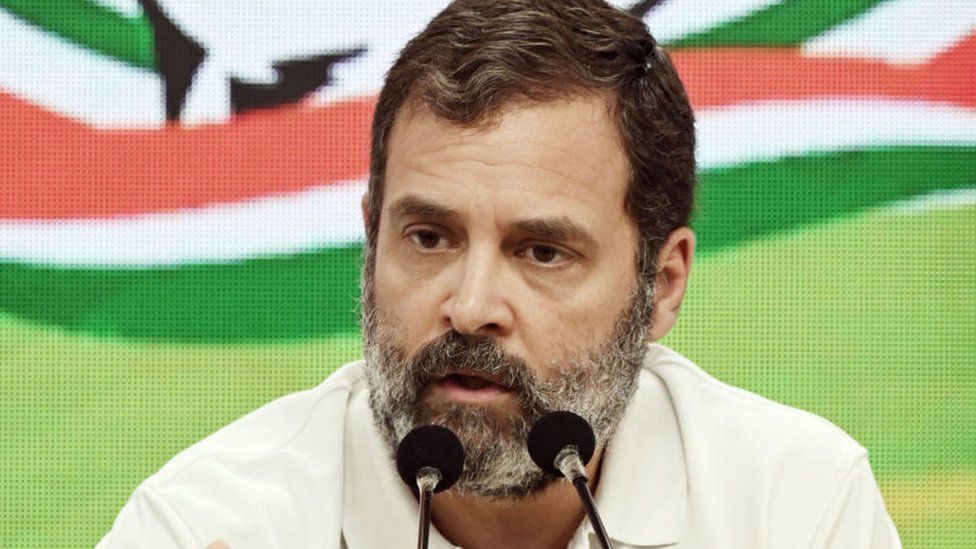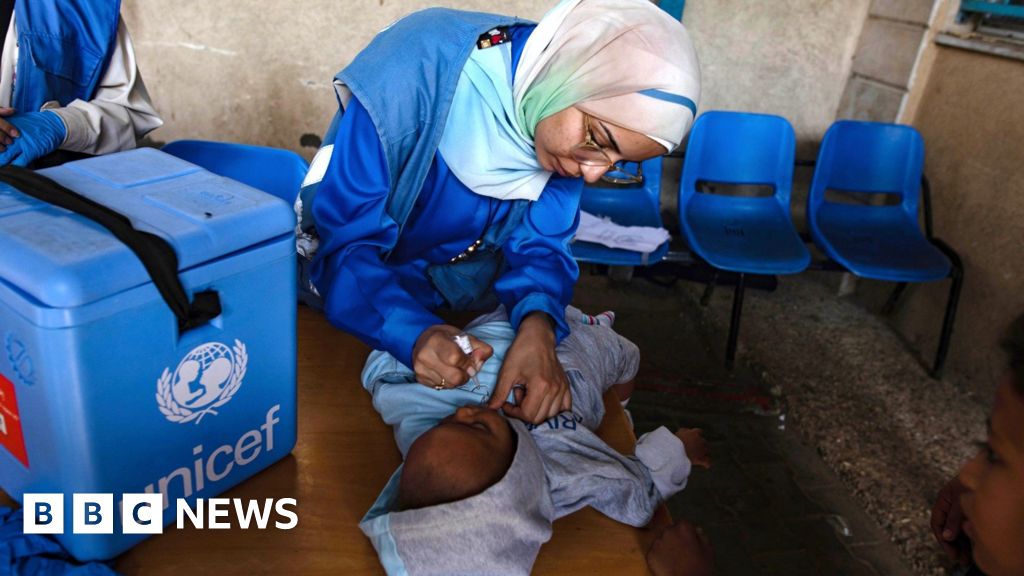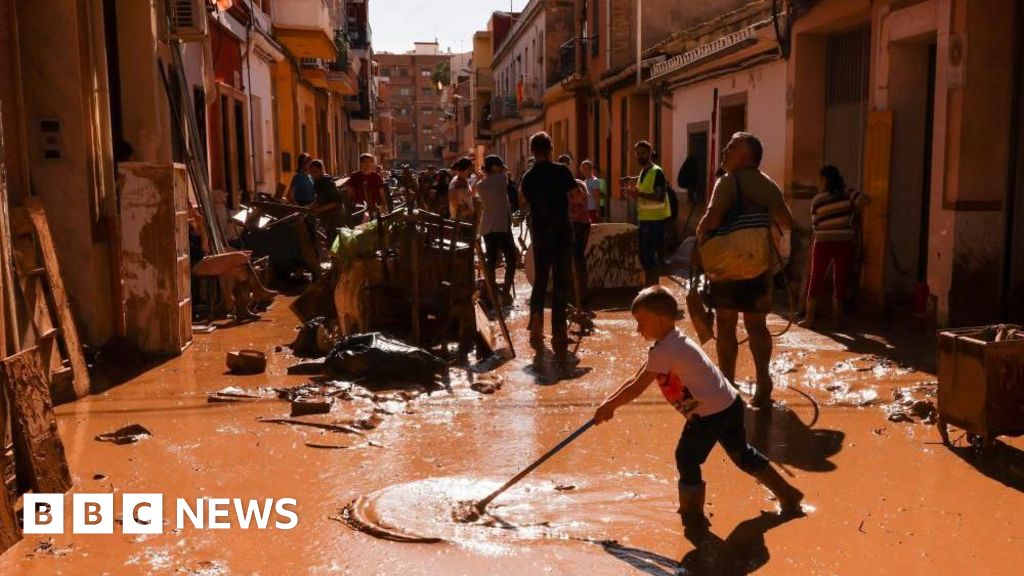ARTICLE AD BOX
 Image source, Getty Images
Image source, Getty Images
Rahul Gandhi will visit Manipur on Thursday and Friday
India's opposition leader Rahul Gandhi is set to visit the north-eastern state of Manipur which has been wracked by ethnic violence.
On Thursday and Friday, Mr Gandhi will visit relief camps for people displaced by the violence and meet leaders of civil society groups.
For the past two months, Manipur has been convulsed by clashes between the majority Meitei and Kuki communities.
More than 100 people have died and over 400 have been wounded so far.
On Monday, Prime Minister Narendra Modi held a meeting with top government officials to review the situation in Manipur. However, Congress leaders have criticised him for not visiting the state or commenting on the situation there.
Almost a month after violence began, Home Minister Amit Shah visited the state to put in place a plan to restore normalcy, but fresh incidents of violence continue to be reported almost daily.
Mr Gandhi's visit comes amid the opposition's demand for the resignation of the state's chief minister, N Biren Singh, who is from the Bharatiya Janata Party (BJP).
Congress leaders have criticised Mr Singh for not being able to "restore peace and normalcy" in the state and have asked for federal rule to be imposed.
Senior Congress leader KC Venugopal tweeted about Mr Gandhi's visit on Tuesday, and said that the state had been "burning for nearly two months" and "desperately needs a healing touch so that society can move from conflict to peace".
Since the clashes began early in May, many homes, churches and temples have been destroyed by mobs while the homes of some state ministers and legislators have been attacked and set on fire.
Nearly 60,000 people have been displaced and close to 40,000 security forces have been deployed to quell the violence.
But the situation continues to remain tense. Normal life has been thrown completely out of gear for the locals who are facing curfews, internet shutdowns and sporadic killings and arson.
BBC News India is now on YouTube. Click here to subscribe and watch our documentaries, explainers and features.

 1 year ago
15
1 year ago
15








 English (US)
English (US)